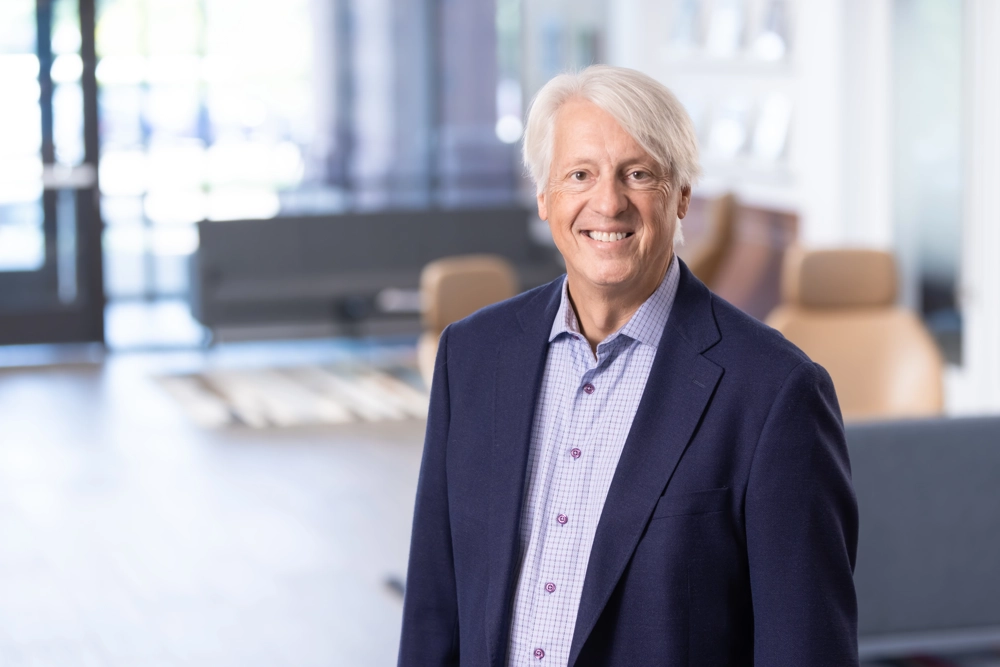Driven to Deliver: Environmentally Responsible Buildings
Read a Q&A about sustainable buildings with Dean Newins, AIA, LEED AP, President & CEO of Architecture & Engineering.

Environmentally-responsible buildings begin with a passion and commitment to sustainability. We have all that, plus a knowledgeable, experienced team.
Our approach to sustainable buildings is ethically and morally aligned with our way of doing business. We aim to positively impact our communities and make them better today and for future generations. We are committed to sustainable design best practices in every project we undertake.
We're kicking off Earth month with a Q&A on sustainability. See what Dean Newins, AIA, LEED AP, President & CEO of Architecture & Engineering, has to say about sustainable buildings.
What is the current state of sustainability?
The sustainable movement has seen substantial growth in the last decade. It seems to be building upon itself. New technologies allow products to be made with greater efficiency. A building can use less energy by employing monitoring systems. There is also a greater awareness amongst the general public. So much has happened and yet the upside is tremendous. It is exciting to see all the work that is being done in the space.
Does the perception of and approach to sustainability change from Architecture to Project Management to Real Estate?
The Opus integrated design-build product delivery aligns the project team in terms of sustainable goals for every project. It starts with the client's sustainable requirements and objectives. Opportunities are identified, and budgets are established, allowing the entire project team to work toward a common goal.
What sustainable features do clients want?
Creating a sustainable project is more than what features a project has. A client interested in sustainability understands it's an overall project approach.
First, it's about the materials that go into a building.
- How are they sourced?
- Are they renewable?
- What type of energy goes into making them?
Next, it's about the execution of the project.
- Is there careful use of the raw materials to minimize waste?
- Are excess materials recycled?
Lastly, how does the building perform?
- Are the building systems energy efficient?
- Are the mechanical, electrical and plumbing systems designed to minimize energy consumption?
When all of this comes together, the building is high functioning and provides an inspiring environment for the user.
What would you say to a client who is hesitant to spend the money for a sustainable project?
A project's success depends on alignment between the program and the budget. There is always an opportunity to enhance the sustainable features by increasing the budget. What we try to do at Opus is first identify what sustainable features can be integrated into a project without greatly impacting the budget. Sharing this with the client allows them to make informed decisions on further enhancements that might benefit the project if budget allows.
What do you want to see happen with sustainability over the next few years?
It will be very satisfying to see a greater number of projects have a sustainable approach. Additionally, seeing projects trend toward improving energy systems and having a project improve its ability to capture and reuse natural elements (sun, wind and water). Lastly, having a greater amount of material selection that meets sustainable standards of low energy to produce, higher recycled content and efficient project application.
Article Type: Blog Post
Topics: Sustainability | Design Services


